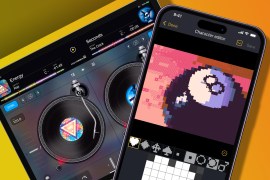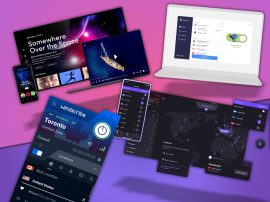Facebook’s F8 conference: all the highlights
From messenger purchases to the Internet of Things, Facebook is about to get a whole lot more in your life

This Wednesday marked the opening day of F8, Facebook’s 2-day annual developer conference. Every year it sets the masterminds of the internet buzzing with announcements on the future of everyone’s favourite procrastination platform. Rest assured, the California-based social media giant did not disappoint.
From features for the everyman, to back-end development, er, developments, F8 delivered promises to keep Facebook at the forefront of social networking and cross-platform integration.
Embed away…
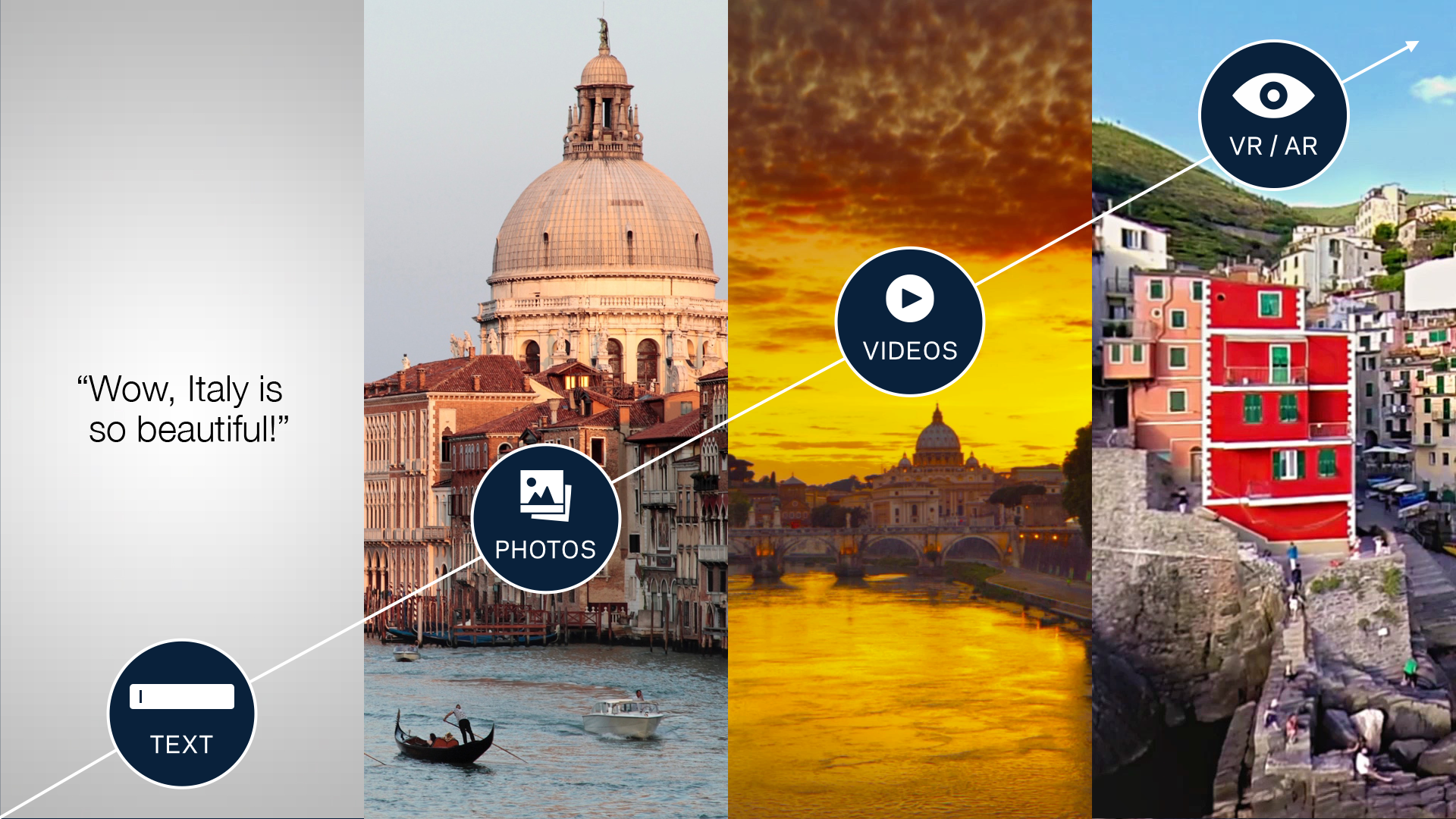
We told you yesterday that Facebook is bringing 360-degree videos that’ll be embedded in your News Feed (which makes sense, seeing as Oculus is owned by Zuckerberg & Co.). But that’s not all.
Slightly less eye-popping though it may be, the announcement that Facebook videos will now be embeddable (with a single line of code) is an important one.
In the ongoing turf war between Facebook and YouTube (the former offering instant accessibility, the latter greater functionality), a move to allow users to externally embed those videos might see the ‘Book gaining ground with personal video shooters – it’s the platform most of them are already using, after all.
The reach of YouTube as a business platform seems pretty stable, though, equally, it’s unlikely Facebook will turn down the cash in favour of keeping embedded vids ad-free.
Let battle commence…
Spend to be App-y
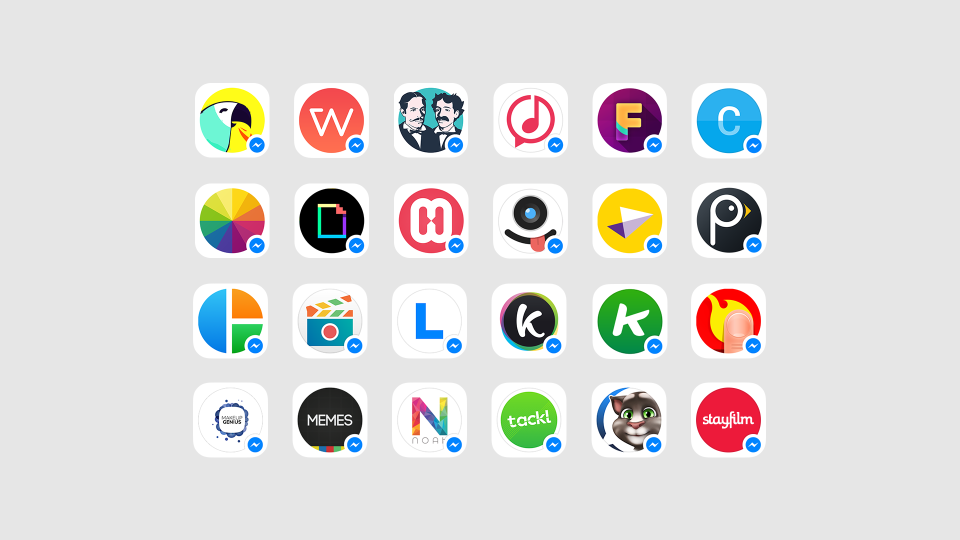
Far from shooting the Messenger, Facebook is opening up its chat app to third-party developers.
The Messenger Platform means developers will be at liberty to add new functionality – think doodles, more emojis, on-the-go photo editors, and the like.
Essentially this will introduce something of a micro-app store to the 600 million people who use the world of Facebook Messenger every day. It’s not going to change the world, but a few clever additions might just take the fight to WhatsApp, Kik, and their cross-platform brethren.
Having announced a week ago that it’ll be letting people use the app to send cash to their mates, Facebook now envisages much more important functionality such as, you know, GIFs.
David Marcus, chief of Facebook’s Messenger division, made his excitement clear: "I don’t know about you, but I find GIFs to be really awesome… They just make the world a little bit better."
On top of this increased usability, Messenger is also set to be integrated with businesses. Online retailers, for example, will be given a direct channel for communicating with customers in real time – delivering confirmations, shipping notifications and the like over Messenger, in a single feed for a completely streamlined order process.
Though some users might feel discomfort at Facebook confirming users’ identities by matching profiles to orders, it would certainly revolutionise purchases, and represents the next step in introducing a real marketplace to the network – something Zuckerberg has been pushing for a while.
Freedom of speech
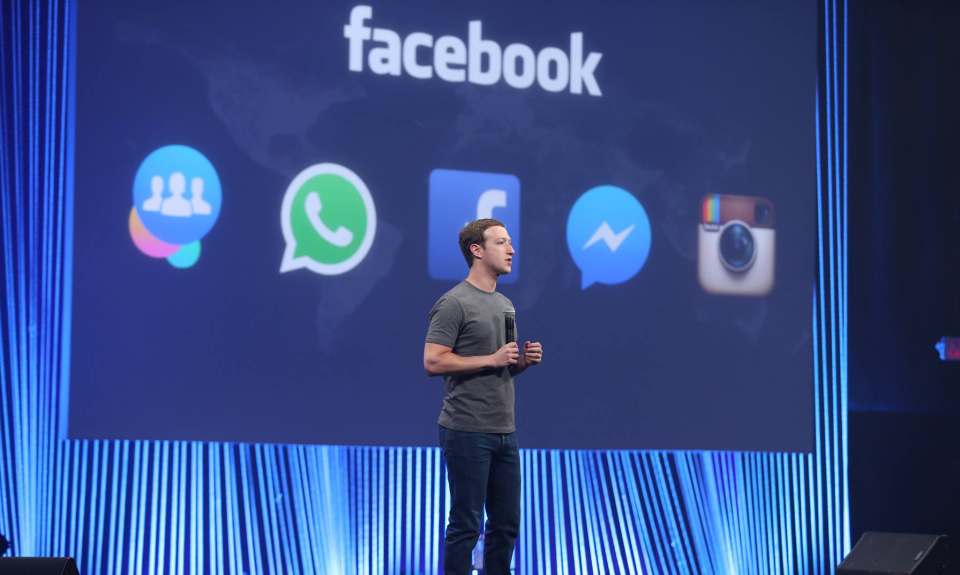
On the subject of streamlining user experience, comments across web platforms will now appear in real-time.
How significant is this? Well, for one thing, it represents a further step in Facebook’s takeover of online interaction. It becomes much more logical for a site to implement and integrate with it than disparate comment and feedback platforms: for example, a conversation on a media site with Facebook integration would also appear on the network, live, unifying interaction and increasing buzz around a particular post.
The real benefit of this is not for users, though it will allow for discussion (and trolling) on a grander scale, but for publishers, who will gain a much greater engagement with the media they share, on a single platform.
Analytical App-eal
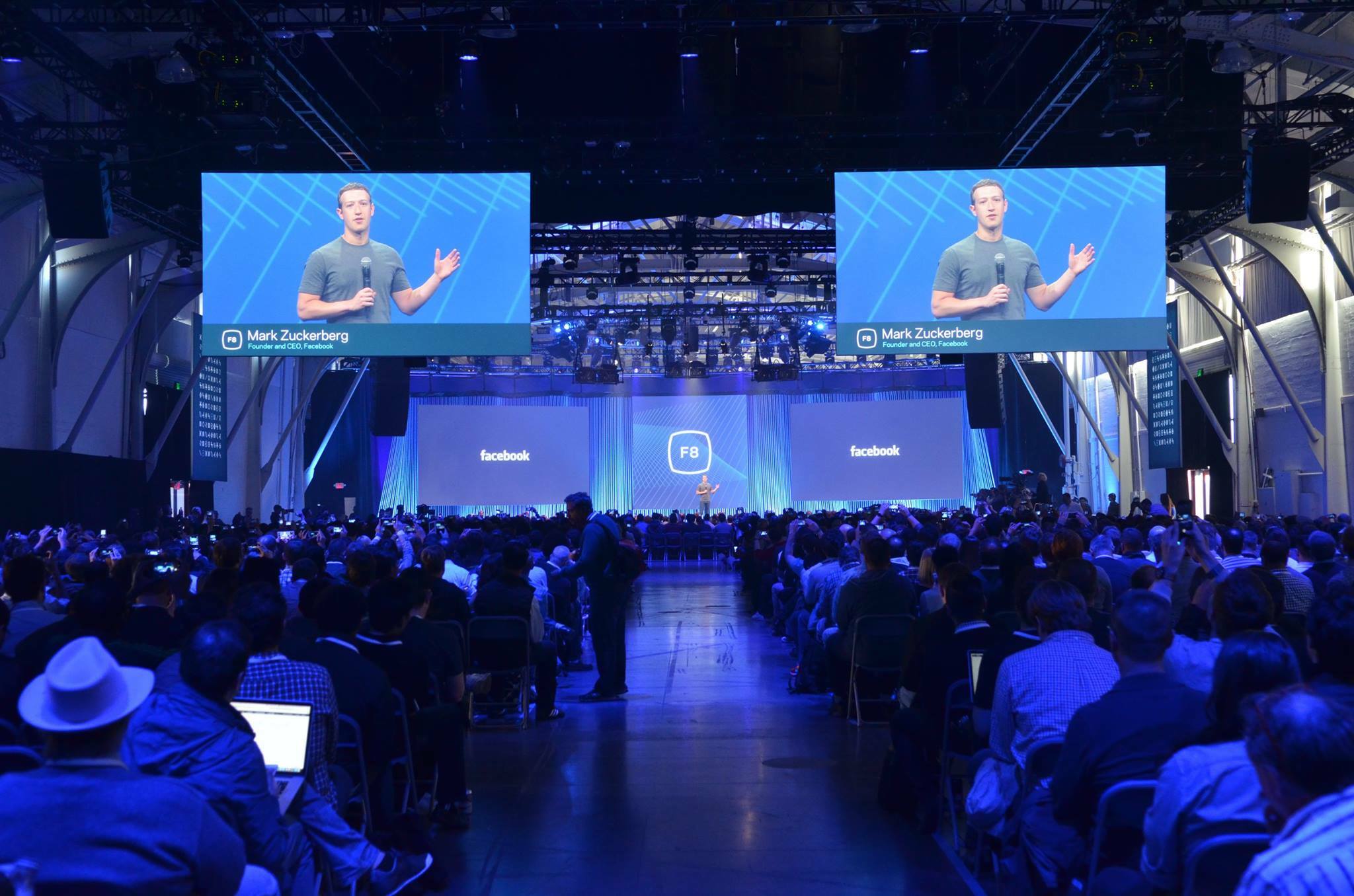
More good news for developers: Facebook is releasing a free tool making it easy for app creators to understand how people are using their apps across platforms and devices, providing indications of the impact of marketing campagins.
This is the same tech Facebook itself uses to refine search processes and ad delivery – opening it up to third parties throws open the doors to app developers to increase functionality and engagement, no doubt with the hope that they’ll be enticed into purchasing ad units.
In combination with changes to LiveRail delivery, it seems clear that Facebook is driving harder than ever for developers to use it as their marketing platform.
Not to be confused with the new rail network across London LiveRail, announced last year, is an ad exchange system filling ad space within apps and sites with content from the highest bidder. The changes announced mean that mobile ads will be supported alongside video, and will be able to delve into a pool of anonymous Facebook data to determine the most appropriate ad to display.
Internet of Zuckerberg
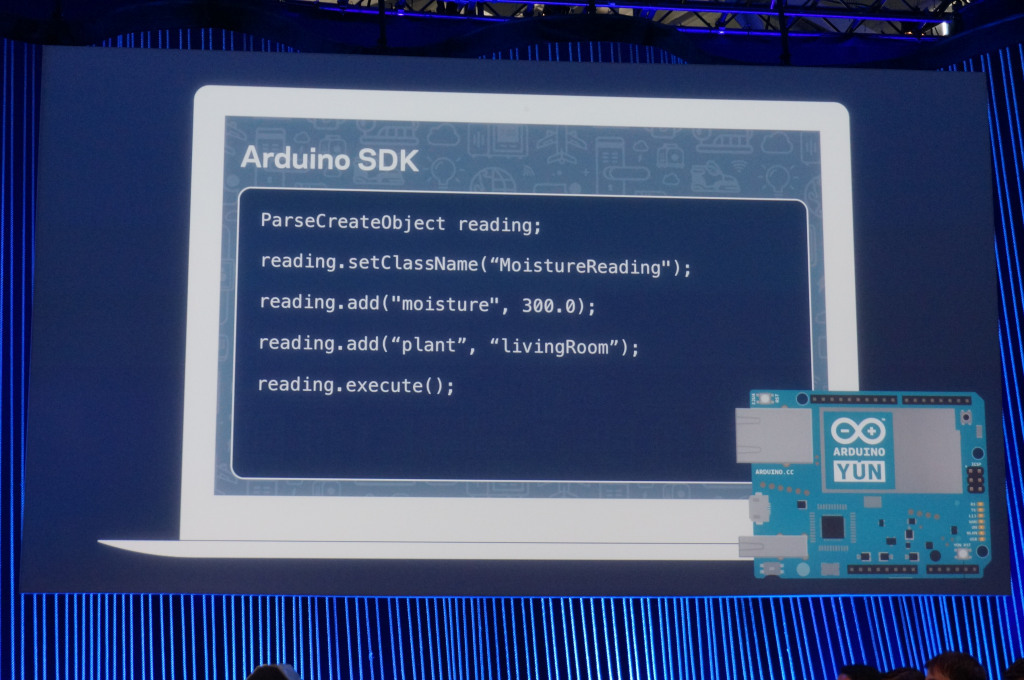
Parse? But I’m not thirsty…
No, not parched: Facebook has launched Parse, a set of software development kits for use in Internet of Things projects.
The subtle hope seems to be that Parse will become the standardised method of implementing such projects, as none exists at present.
What does this mean for the everyday user? Well, you might not see it, but Facebook code might soon be controlling much more than your social feed. Think lightbulbs, central heating, ovens…
[Sources: Tech Crunch; Quartz; BBC]

